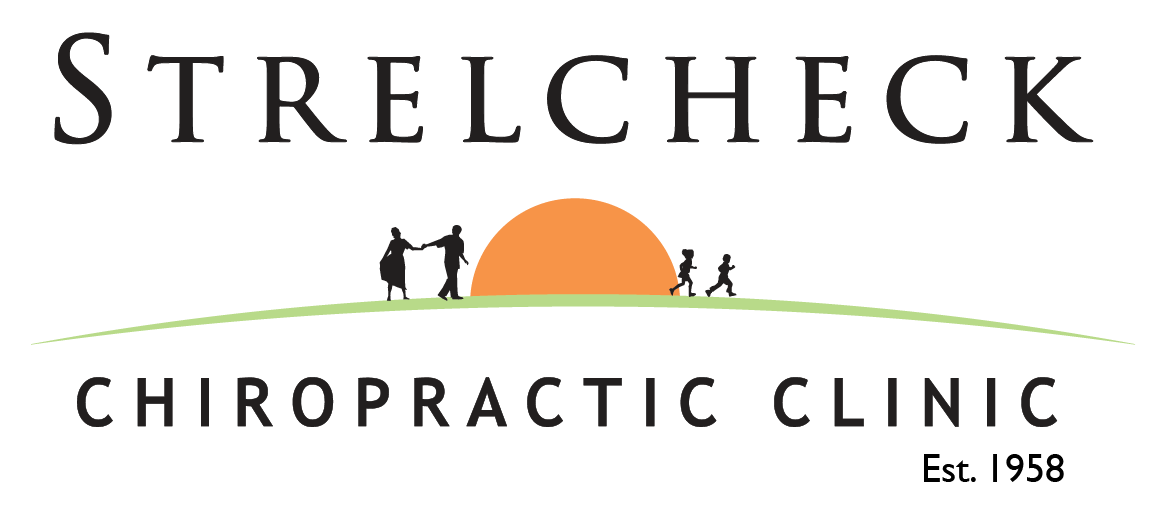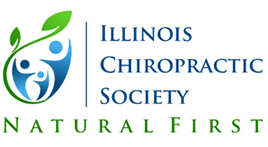If you suffer from migraines, you know the drill: as soon as the first symptoms strike, you could likely miss out on the rest of your day. You may even be suffering an entire week.
Research cannot confirm the exact cause of a migraine, according to the University of Maryland Medical Center, although it is apparent that it involves changes in the blood flow in the brain. At first, blood vessels narrow or constrict, reducing blood flow and leading to visual disturbances, weakness, numbness, a tingling sensation in one area of the body, or other similar symptoms. Later, the blood vessels dilate or enlarge, leading to increase blood flow and a severe headache.
There seems to also be a genetic link to migraine headaches. More than half of migraine patients report to have at least one or more family members also affected by migraines.
Triggers include the following:
• Alcohol, especially beer and red wine
• Certain foods, such as aged cheeses, chocolate, nuts, peanut butter, some fruits (like avocado, banana, and citrus), foods with monosodium glutamate (MSG), onions, dairy products, meats containing nitrates (bacon, hot dogs, salami, cured meats) fermented or pickled foods
• Skipping meals
• Crying
• Fluctuations in hormones –for example, during pregnancy, before and during your period, and menopause
• Certain odors, such as perfume or smoke
• Bright lights
• Loud noises
• Stress, physical or emotional — often, the headache happens when a person is relaxing after a particularly stressful time
• Sleeping too little or too much
• Caffeine
• Smoking or exposure to tobacco smoke
• Some medications
• Heat, high humidity, and high altitude
Many migraine experiences are associate with muscle tension in the neck. Some would say that muscle tension is from the lifestyle and occupational demands of modern day. Americans have become more sedentary over the last three decades, and more hours are spent in one fixed position or posture. This can increase muscle tension in the neck, shoulders, upper back and scalp.
As I consider this topic I reflect on some of the patients that I’ve helped with chiropractic care. Cases often look like this:
CASE: 42 year old female patient with no other health conditions experiences migraine episodes 1 to 2 per month, over the course of approximately 5-7 years. Symptoms include nausea, vomiting, photophobia: the average duration of each episode is 1 to 3 days.
INTERVENTION: Corrective adjustments to the patient’s upper cervical subluxation discovered during her initial evaluation.
OUTCOME: During follow up appointments patient reports that her use of prescription medication (for migraines) was reduced by 100%. Over the course of the next 7-years, she does not report a single migraine in that period. No other lifestyle changes were made.
It doesn’t surprise me that migraine sufferers pursue natural solutions. There are literally hundreds of prescription drugs that claim to ease migraine symptoms. Each drug carries side affects and risks that need to be factored into the patients overall health and other medications. Some drugs used to treat sudden migraine attacks can even lead to worsening of headaches (medication overuse headache) or rebound headaches, in some cases.
Until you consider a natural solution, such as chiropractic care, try these tips these for temporary relief for migraines:
• Apply an ice pack or cold compress to the affected area-no more than 20 minutes.
• Apply heat to the shoulder and/or neck muscles to help relax the area-no more than 20 minutes.
• Gently massage the back of the neck.
• Lie down in a quiet atmosphere with a rolled up towel supporting the neck.
• Immediately avoid bright lights and noise.
• If you feel a migraine coming on, drink several glasses of water. Dehydration is a known contributing factor of all headaches.










